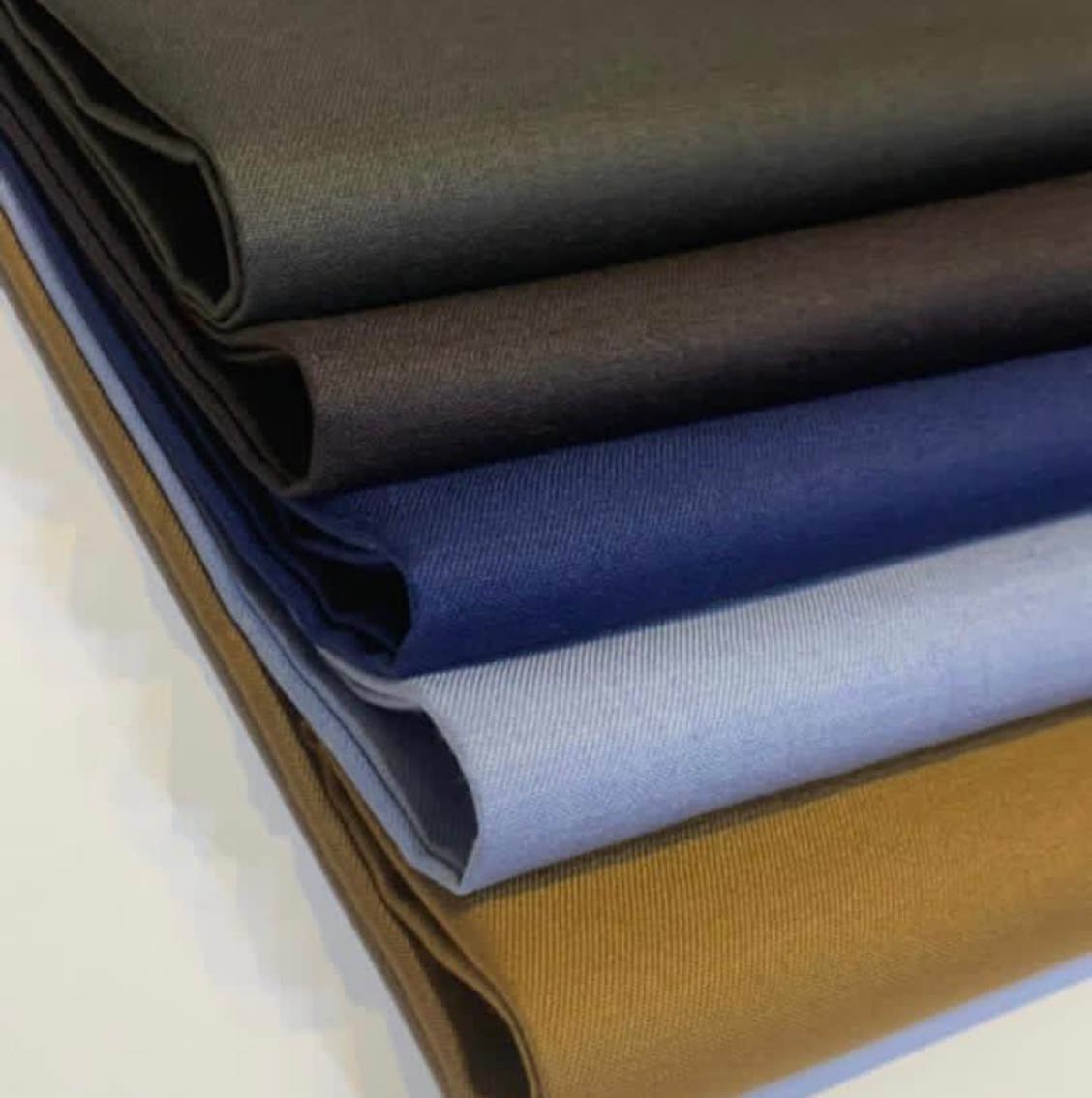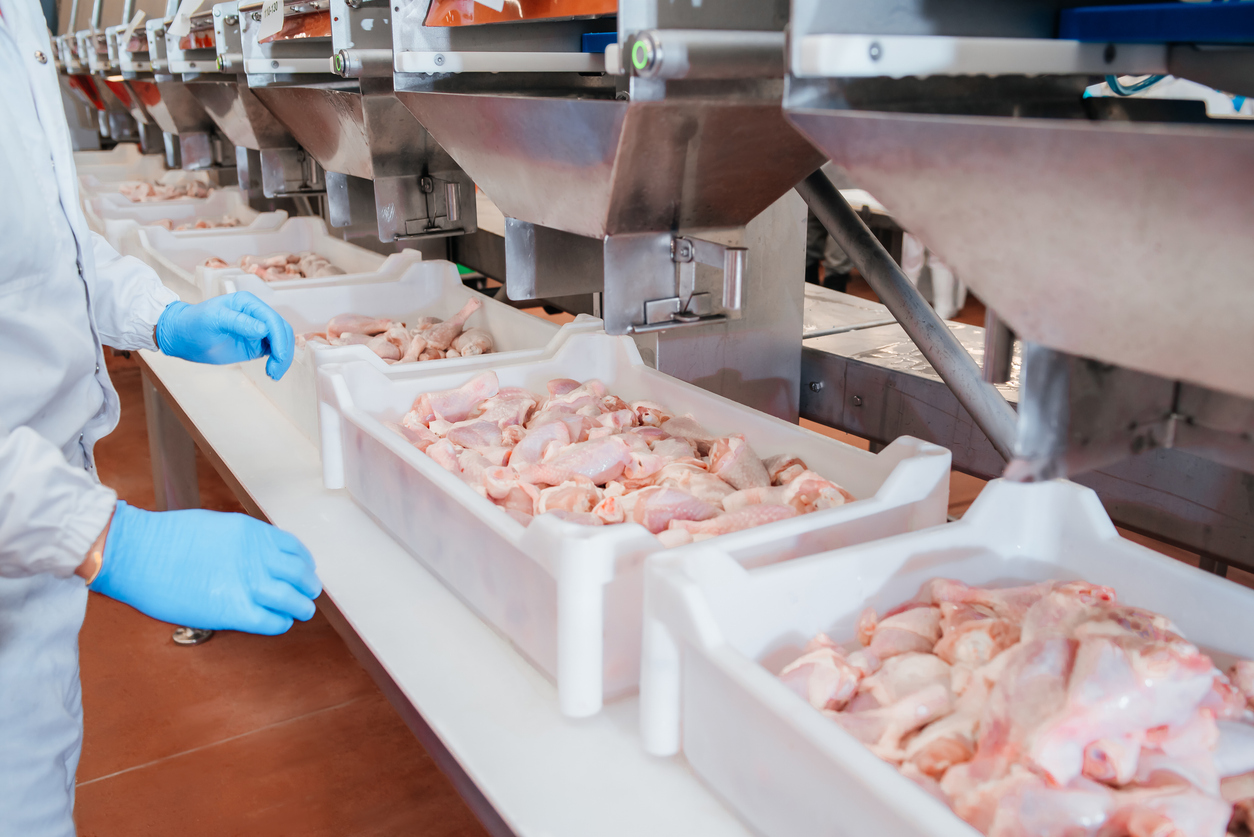Exploring the Factors Influencing Cashmere Price in Ghana with Wigmore Trading
Exploring the Factors Influencing Cashmere Price in Ghana with Wigmore Trading
Are you intrigued by the luxurious world of cashmere? Wondering what factors contribute to the fluctuating prices of this exquisite fabric in Ghana? Look no further, because today we are diving into a fascinating exploration with Wigmore Trading. Join us as we unravel the mysteries behind the ever-changing cashmere market and discover how various influences shape its price dynamics in Ghana. Get ready for an eye-opening journey that will leave you captivated and enlightened about one of the most sought-after materials in fashion!
What is the cashmere industry in Ghana?
The cashmere industry in Ghana is a growing sector, and the demand is high. The main sources of cashmere are China and Mongolia, which produce the majority of the world’s cashmere. In 2016, the global trade in cashmere was worth $1.4 billion.
There are several factors that influence the price of cashmere. These include the quality of the fiber, the weather, and regulations. Quality matters because if a lot of fibres are damaged or lost during processing, then the price will go up. Furthermore, climate conditions also play a role in how much cashmere can be produced per year. If it’s cold or dry, more fibres will be needed to make a similar amount of fabric; this means that the price will be higher. There are regulations that affect how much cashmere can be exported from certain countries or regions. For example, China has restrictions on what types of fabrics can be made from cashmere (e.g., it cannot be used for clothing), which affects the prices that those products can fetch on international markets.
The demand for cashmere in Ghana
In Ghana, cashmere is a highly coveted fabric. Historically, it has been a key component of traditional clothing worn by the country’s elite. Consequently, there is a high demand for cashmere in Ghana.
The main factors influencing the price of cashmere in Ghana are production costs and demand. The cost of producing cashmere yarn is relatively high due to the need for high-quality wool and careful processing. As a result, prices for cashmere products tend to be higher than those for other types of fabrics. Additionally, fluctuations in global demand can affect the value of cashmere exports.
Despite these challenges, some small-scale producers are making headway against larger competitors. Thanks to growing demand and increased attention from international buyers, prices for lower-quality grades of cashmere have increased significantly in recent years. This has encouraged some farmers to switch to more profitable crops such as cotton or palm oil, thereby improving their livelihoods.
The production of cashmere in Ghana
The production of cashmere in Ghana has been on the rise in recent years, as the country looks to develop its economy. The main factor influencing cashmere price in Ghana is the amount of available supply and demand. In recent years, there has been a rise in the demand for cashmere due to increasing popularity of luxury items such as sweaters, coats, and hats. At the same time, there has also been a decrease in the availability of quality cashmere due to increased farming and harvesting intensity. This has led to an increase in prices for high-quality cashmere products.
The prices of cashmere in Ghana
The prices of cashmere in Ghana are heavily influenced by the quality of the sheep that is used to produce the fiber, as well as the demand from local and international buyers. The most expensive type of cashmere, called Imperial Grade, is produced from the fleece of very fine animals. These cashmere garments can cost up to $1,500 per square yard. Lower-quality cashmere, which is known as Coarse Grade, comes from heavier sheep and can be priced at $50 per square yard.
What factors influence the price of cashmere in Ghana?
As a fibre source, cashmere can be classified as a luxury fiber. With its high price tag and limited availability, it is no wonder that the demand for cashmere is quite high in some parts of the world. In this article, we will explore some of the factors influencing the price of cashmere in Ghana.
The three main factors that influence the price of cashmere are: supply and demand, production costs, and market conditions. Supply and demand dictate how much a good is available on the market at any given time. Production costs include not only labour costs but also transportation and storage costs. Market conditions include things like competition from other fibers or yarns as well as changes in fashion.
In terms of supply, one factor that influences the amount of cashmere available for sale is the number of sheep raised per year. The higher the number of sheep raised per year, the more wool will be produced and this will drive down the price of wool. However, even with increased production there will always be a finite amount of cashmere that can be made from each sheep so prices will remain high. Additionally, there are restrictions on how much cashmere can be exported from Ghana each year due to regulations set by various countries. This means that even if more wool were to be produced, there would still not be enough money to sell due to limits on exportations.
In terms of demand, one major factor that influences how much money people are willing to spend








Comments are closed.